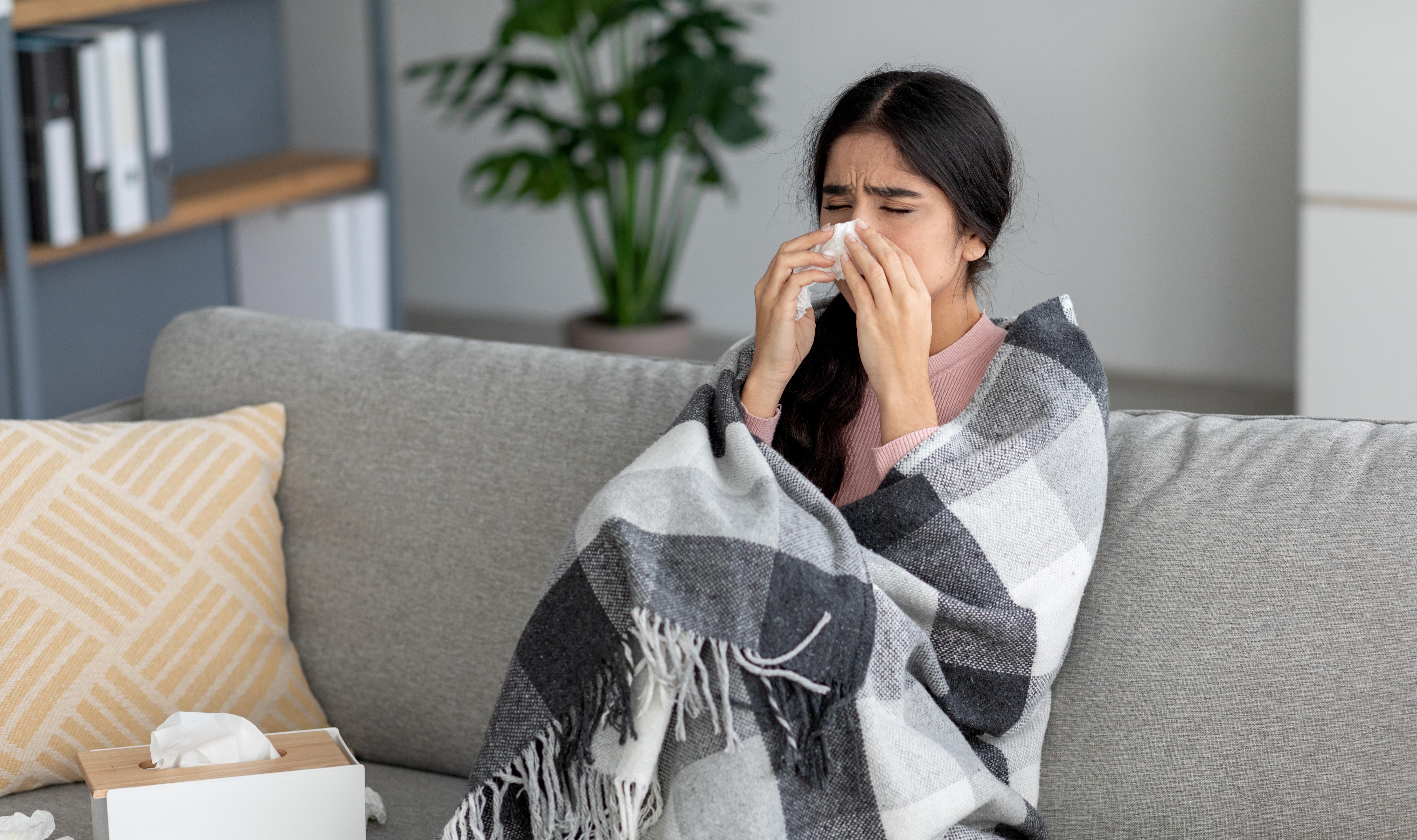Truths & Myths About Cold and Flu Remedies: What Really Works When You’re Sniffling

It starts with a tickle in your throat, a sneeze that won’t quit, and before you know it, you’re wrapped in a blanket fortress with a mug of something steamy. Every year, as cold and flu season rolls in, so does the flood of home remedies — from grandma’s garlic tea to internet-famous onion socks. But which of this work, and which are just cozy myths that make us feel better (without doing much else)?
Let’s separate the soothing from the silly.
1. Chicken Soup: Grandma Was onto Something
Truth (mostly).
Science has finally caught up with Grandma. Studies show that chicken soup can mildly reduce inflammation in your upper respiratory tract, helping clear mucus and ease congestion. The warmth also keeps you hydrated and soothes a sore throat.
But here’s the catch — it’s not magic. The soup won’t kill viruses or shorten your illness drastically. What it will do is make you feel better and keep your energy up while your immune system does the heavy lifting.
Pro tip: Go for broth-based soups with veggies, garlic, and a touch of spice — think “comfort with benefits.”
2. Vitamin C: The Eternal Debate
Half-Truth.
Vitamin C doesn’t prevent the common cold (sorry, orange juice enthusiasts), but regular intake may slightly shorten how long it lasts. The key is consistency — downing a week’s worth of supplements when you’re already sick won’t help much.
If you’re already eating plenty of fruits and veggies — oranges, kiwis, bell peppers — you’re probably covered. Mega-dosing can upset your stomach, so skip the 1,000 mg “miracle” packets and stick with balance.
3. Honey and Lemon: Nature’s Dynamic Duo
Truth.
A warm honey-and-lemon drink is one of the oldest, simplest, and most effective home remedies for colds and coughs. Honey coats your throat, easing irritation, while lemon adds a vitamin C boost and cuts through mucus.
Research backs this up: honey can calm nighttime coughing as effectively as some over-the-counter syrups. Just avoid giving honey to children under one year old — it’s a safety thing.
4. Garlic: The Pungent Protector
Mostly Truth.
Garlic contains compounds like allicin, known for their antimicrobial properties. Some studies suggest regular garlic consumption might help your immune system fight off colds more effectively.
But no, eating raw garlic cloves or rubbing it on your feet (yes, that’s a thing) won’t “kill” a virus. Instead, think of garlic as a long-term immune ally — part of a healthy diet, not an instant cure.
Bonus: Roast it or add it to soups for both taste and subtle protection.
5. Steam and Saltwater: Simple, Safe, and Effective
Truth.
Sometimes the most basic remedies work best. Inhaling steam helps loosen mucus, and a saline nasal rinse clears nasal passages. Gargling warm saltwater soothes a sore throat by reducing inflammation and killing some bacteria.
No need for fancy diffusers or oils — a bowl of hot water and a towel will do. Just be careful not to scald yourself (yes, people have tried).
6. Zinc: The Underrated Immunity Booster
Truth — with a warning.
Zinc lozenges can reduce the duration of a cold — but only if you take them within the first 24 hours of symptoms. Too much zinc, though, can cause nausea or even affect your sense of taste.
Skip nasal zinc sprays; they’ve been linked to loss of smell. Lozenges or tablets are safer bets.
7. Onion Socks and Other Viral Myths
Myth.
Putting onions in your socks, under your bed, or around your neck won’t “draw out” toxins or cure a cold. The myth goes back centuries — people once believed onions absorbed “bad air.”
Onions are great in soup, but not as foot fashion. The only thing you’ll cure is boredom.
8. Hot Toddy: The Boozy “Cure”
Myth (with a tiny truth).
A warm drink with honey, lemon, and whiskey can make you feel better — the warmth soothes your throat, and the alcohol can make you sleepy. But alcohol also dehydrates you, which can worsen cold symptoms.
If you must, go light — and skip it entirely if you’re taking medication or trying to rest.
9. Rest, Hydration, and Patience: The Real MVPs
Ultimate Truth.
No remedy — natural or pharmaceutical — beats what your body can do on its own. Rest gives your immune system time to fight; fluids keep mucus thin and prevent dehydration. Warm tea, water, soups — whatever keeps you sipping, keep it coming.
Think of home remedies as supportive care, not silver bullets. They comfort, soothe, and help your body do what it’s built to do: heal itself.
The Bottom Line
The truth about home remedies? Most of them don’t cure colds — but many can make the ride smoother. The key is knowing the difference between what’s comforting and what’s clinically useful.
So, next time you feel a cold coming on, skip the sock onions and reach for soup, honey, and rest. Your body — and your taste buds — will thank you.
Photo:AdobeStock

